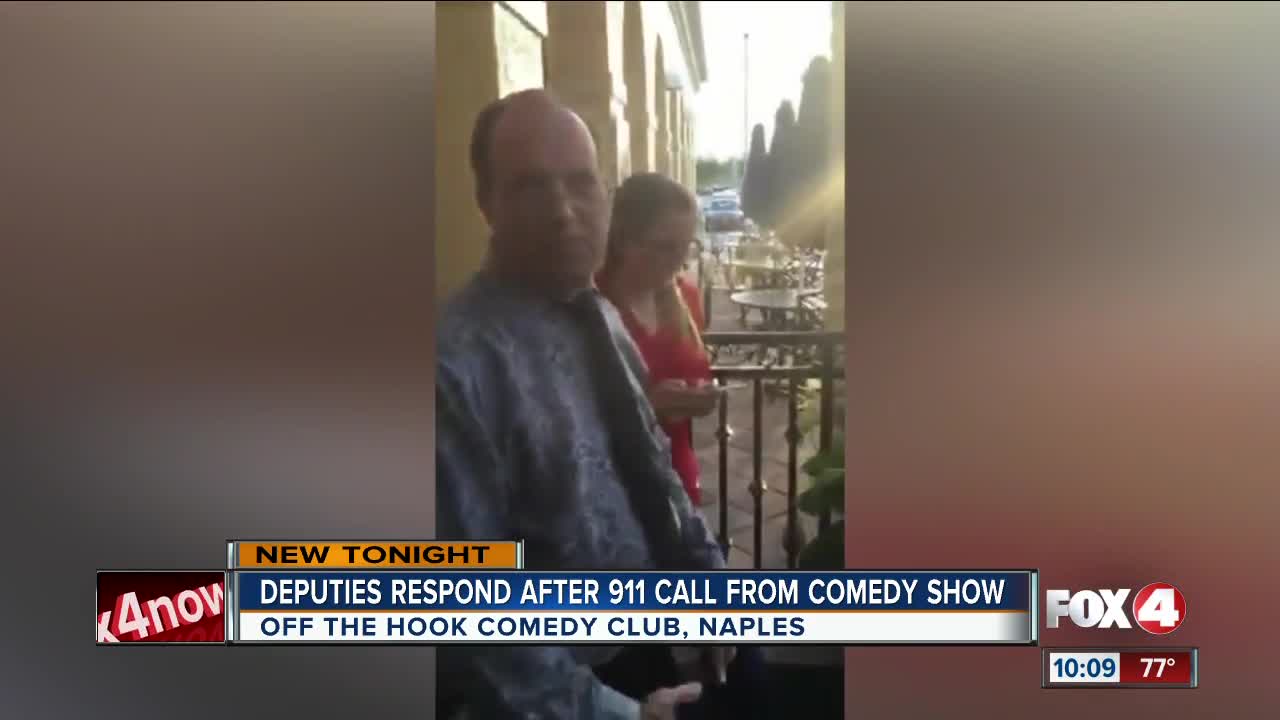In a world where humor often walks a fine line between sensitivity and absurdity, 911 jokes have emerged as a unique genre of comedy. These jokes, often centered around emergencies and the unexpected twists of life, can provoke laughter even in the most serious situations. They tap into our shared experiences of fear, anxiety, and humor, using them as a tool to cope with the complexities of reality. As we navigate through the intricacies of society, humor becomes a necessary outlet, allowing us to process our emotions and find solace in laughter. However, the reception of 911 jokes can be a double-edged sword, often sparking debates about the appropriateness of humor in the face of tragedy.
As we delve deeper into the realm of 911 jokes, it’s essential to understand their origins, the cultural contexts in which they thrive, and the reactions they elicit from different audiences. With the rise of social media and internet culture, these jokes have proliferated, leading to a mix of laughter and controversy. Each joke not only seeks to entertain but also reflects the complexities of human experience, inviting us to examine our responses to humor in difficult times.
While many people appreciate the cleverness and absurdity of 911 jokes, others argue that they can come off as insensitive or inappropriate. This article aims to explore the nuances surrounding 911 jokes, the reactions they inspire, and the societal implications of finding humor in tragedy. Join us as we navigate this delicate landscape, shedding light on why laughter can sometimes be the best medicine, even when it deals with serious subjects.
What Are 911 Jokes and Where Did They Come From?
911 jokes encompass a wide range of humorous anecdotes, puns, and one-liners that revolve around emergency situations or the concept of calling for help. Their origins can be traced back to the human need to cope with fear and uncertainty through humor. Whether it’s a clever play on words or a relatable scenario, these jokes often highlight the absurdity of life, even in dire circumstances.
Why Do People Find 911 Jokes Funny?
The humor in 911 jokes often stems from the juxtaposition of serious situations with lighthearted punchlines. This blend of gravity and levity can create a powerful comedic effect, allowing individuals to address their fears in a more palatable manner. For many, laughter serves as a coping mechanism, helping them to navigate the complexities of life and find joy in the midst of chaos.
What Are Some Popular Examples of 911 Jokes?
- “Why did the police officer bring a ladder to the 911 call? Because he heard the emergency was on another level!”
- “What did one emergency response team say to another? ‘Let’s get this show on the road!’”
- “I called 911 the other day. They said, ‘What’s your emergency?’ I said, ‘I can’t find my keys!’ They replied, ‘Sir, this is a serious situation!’”
Are 911 Jokes Always Appropriate?
The appropriateness of 911 jokes varies greatly depending on context and audience. While some may appreciate the humor and find it relatable, others may view it as disrespectful, especially in the aftermath of real-life tragedies. Understanding the audience is crucial when sharing these jokes, as the line between humor and insensitivity can be thin.
How Have 911 Jokes Evolved Over Time?
With the advent of the internet and social media, 911 jokes have transformed significantly. They have become more accessible and widespread, often spreading like wildfire across platforms such as Twitter, Instagram, and TikTok. This evolution has led to a mix of reactions, from amusement to outrage, as society grapples with the implications of humor in the digital age.
Can 911 Jokes Contribute to a Healthy Dialogue About Emergencies?
In some cases, 911 jokes can serve as a bridge to discuss serious topics surrounding emergencies and the responses to them. By using humor to address these situations, individuals may feel more comfortable engaging in conversations about safety, preparedness, and the importance of emergency services. This dialogue can ultimately lead to a greater understanding of the challenges faced by responders and the community as a whole.
What Are the Risks of Sharing 911 Jokes?
While humor can be healing, it’s essential to recognize the potential risks associated with sharing 911 jokes. Inappropriate timing or context can lead to misunderstandings and hurt feelings, particularly among those who have experienced trauma related to emergencies. It’s crucial for individuals to be mindful of their audience and the potential impact of their words.
How to Navigate the Fine Line Between Humor and Insensitivity?
To successfully navigate the delicate balance between humor and insensitivity, individuals should consider the following tips:
- Know your audience: Always gauge the sensibilities of your listeners before sharing a joke.
- Be aware of current events: In times of tragedy or crisis, it may be best to avoid humor related to those events.
- Use discretion: Not every situation calls for humor, and sometimes it’s best to err on the side of caution.
- Encourage healthy discussions: Instead of solely relying on humor, foster open conversations about the realities of emergencies.
Conclusion: Finding Laughter in the Dark
Ultimately, 911 jokes serve as a reflection of our human experience, revealing our ability to find humor even in the most challenging situations. While they can spark laughter and serve as a coping mechanism, it’s essential to approach them with care and sensitivity. By understanding the audience and context, we can navigate the complex landscape of humor and ensure that our laughter resonates positively, even in the face of adversity. As we continue to explore the world of 911 jokes, let us remember the power of laughter to heal and bring us together, reminding us that we are not alone in our struggles.




